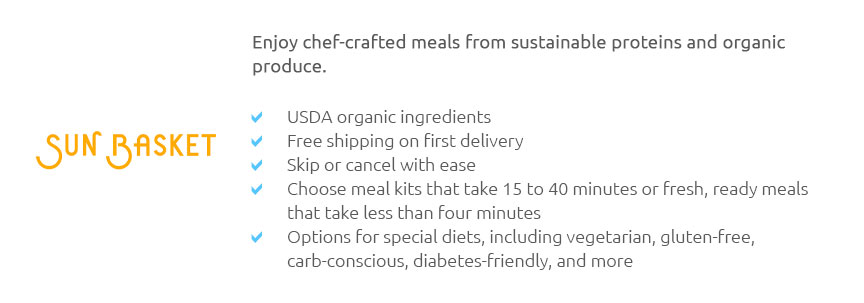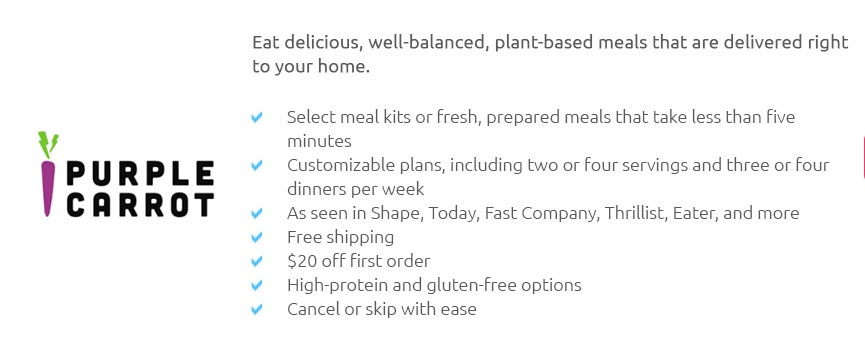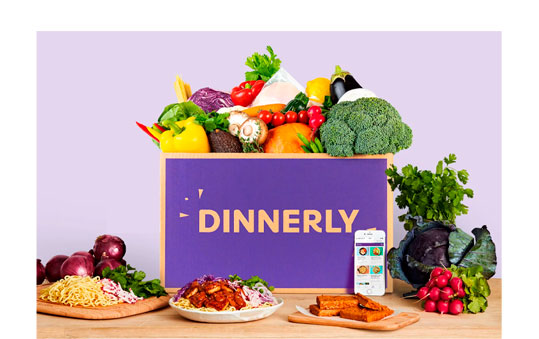 |
 |
 |
|---|
 |
|---|
 |
||||||
|---|---|---|---|---|---|---|
|
||||||
 |
 |
|||||
 |
 |
|||||
 |
 |
|||||
 |
 |
|||||
 |
 |
|||||
 |
 |
|||||
 |
 |
|||||
 |
 |
|---|
Exploring the World of Prepackaged Healthy Meals Delivered: A Comprehensive GuideIn today's fast-paced world, the quest for convenience often clashes with the desire for a healthy lifestyle. Enter the realm of prepackaged healthy meals delivered straight to your doorstep, a burgeoning industry that promises to bridge the gap between time constraints and nutritional needs. However, navigating this world requires a discerning eye, as not all offerings are created equal. Firstly, it's crucial to understand what constitutes a truly healthy meal. Many companies tout their meals as nutritious, yet upon closer inspection, they may fall short. One common mistake to avoid is falling for buzzwords. Terms like 'organic', 'natural', and 'gluten-free' are often splashed across packaging but don't necessarily equate to a balanced meal. It's essential to scrutinize the nutritional information, focusing on key components such as protein content, fiber, healthy fats, and the sodium level, which is notoriously high in prepackaged foods. Another pitfall is ignoring portion sizes. Some meals are designed with calorie counts in mind but may not satiate hunger, leading consumers to supplement with additional, potentially unhealthy snacks. To combat this, selecting a service that offers customizable portion sizes or an option to include sides like salads or vegetables can be beneficial. Furthermore, while variety is the spice of life, too much variety can be overwhelming and counterproductive, especially if it leads to decision fatigue or results in a stockpile of uneaten meals. Opting for a service that offers a rotating menu with a few staple options might strike the right balance. Moreover, one should not underestimate the importance of reading customer reviews. These insights can provide invaluable information about the taste, quality, and reliability of the service, aspects that marketing materials often gloss over. It's also wise to pay attention to the delivery process itself. A common oversight is overlooking the packaging. Sustainable practices are increasingly important to consumers, and companies that use eco-friendly materials are worth supporting. Additionally, ensure that meals are delivered in a manner that maintains their freshness and integrity, particularly if they include perishable ingredients. Finally, while cost is an inevitable consideration, equating price with quality is a trap many fall into. Expensive does not always mean better, nor does cheap always mean poor quality. It is about finding the right balance that aligns with your dietary goals, lifestyle, and budget. In conclusion, the convenience of prepackaged healthy meals delivered is undeniable, but making informed choices is key. By avoiding these common mistakes, one can enjoy the benefits of this modern solution without compromising on health or taste. As with any lifestyle choice, a little research and mindfulness go a long way in ensuring that your path to wellness is as smooth and rewarding as possible. https://www.bonappetit.com/story/best-meal-delivery-services?srsltid=AfmBOor1sO9aXFg8LxwZo3xrlCU3AVkzeKwIwuTvNGwX1SoUHod1dgU-
Territory pitches itself as a healthy meal delivery service that works with local chefs and restaurants to supply individually packaged meals. https://kathystable.com/
Our meal prep service delivers healthy, gluten-free, and lactose-free meals to your doorstep or offers free pickup at convenient locations. https://eatfitlifefoods.com/location-jacksonville?srsltid=AfmBOoo60K1kL5idLXUxEdwdCXWrowXq21uU6PsKk0sZMHcglb9mgHf0
From energizing breakfasts to satisfying lunches and nourishing dinners, each tasty FitMeal is meticulously prepared. We only use all-natural, high-quality ...
|
|---|


